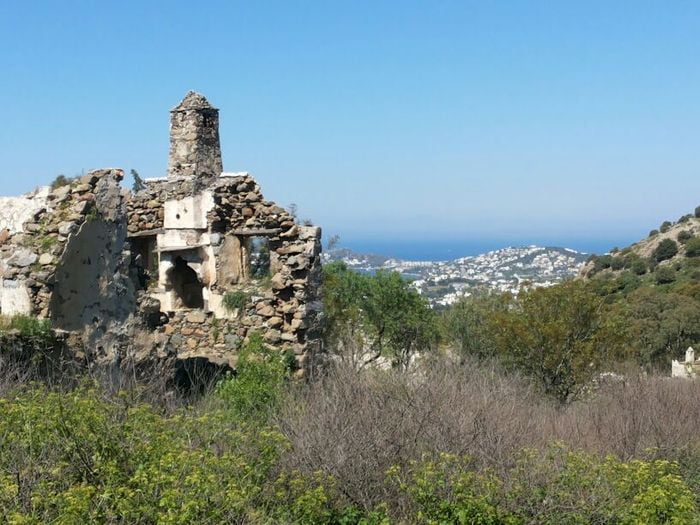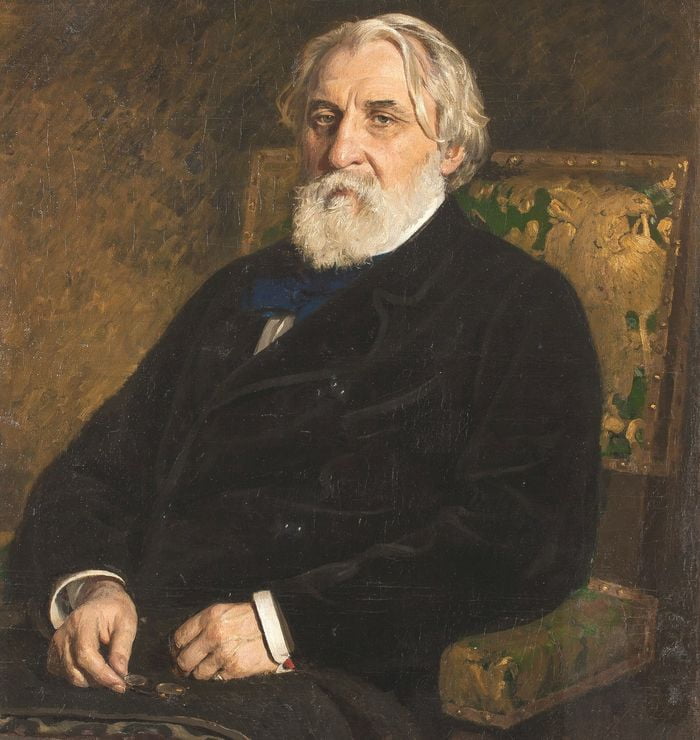The Emperor’s malice was also directed against the astrologer. Accordingly, magistrates appointed to punish thieves also abused the astrologers, for no other reason than that they belonged to this profession; whipping them on the back and parading them on camels throughout the city, though they were old men, and in every way respectable, with no reproach against them except that they studied the science of the stars while living in such a city.
Consequently there was a constant stream of emigration not only to the land of the barbarians but to places farthest remote from the Romans; and in every country and city one could see crowds of foreigners. For in order to escape persecution, each would lightly exchange his native land for another, as if his own country had been taken by an enemy.
12. Proving that Justinian and Theodora were actually fiends in human form
Now the wealth of those in Constantinople and each other city who were considered second in prosperity only to members of the Senate, was brutally confiscated, in the ways I have described, by Justinian and Theodora. But how they were able to rob even the Senate of all its property I shall now reveal.
There was in Constantinople a man by the name of Zeno, grandson of that Anthamius who had formerly been Emperor of the West. This man they appointed, with malice aforethought, Governor of Egypt, and commanded his immediate departure. But he delayed his voyage long enough to load his ship with his most valuable effects; for he had a countless amount of silver and gold plate inlaid with pearls, emeralds and other such precious stones.
Whereupon they bribed some of his most trusted servants to remove these valuables from the ship as fast as they could carry them, set fire to the interior of the vessel, and inform Zeno that his ship had burst into flames of spontaneous combustion, with the loss of all his property. Later, when Zeno died suddenly, they took possession of his estate immediately as his legal heirs; for they produced a will which, it is whispered, he did not really make.
In the same manner they made themselves heirs of Tatian, Demosthenes, and Hilara, who were foremost in the Roman Senate. And others’ estates they obtained by counterfeited letters instead of wills. Thus they became heirs of Dionysius, who lived in Libanus, and of John the son of Basil, who was the most notable of the citizens of Edessa, and had been given as hostage, against his will, by Belisarius to the Persians: as I have recounted elsewhere.
Read More about The Secret History part 84








